"Heavy" cannot give a clear standard, different players have different ideas. The "Heavy" of the various board games on BGG will also fluctuate with the increase of player evaluation. Generally, those with "Heavy" of less than 3 belong to medium or light policies. Games with "Heavy" of 3.5 and above are not suitable for newcomers, and 4 or above is a proper field for old players.
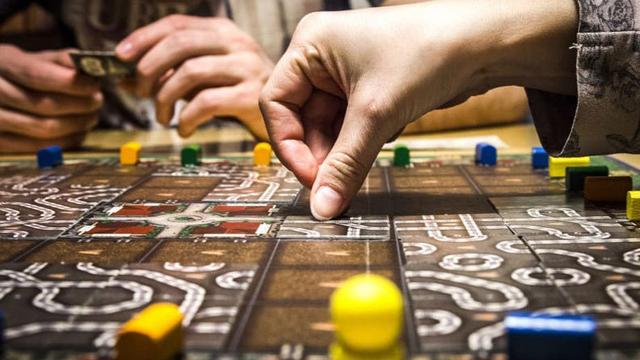
So where does the "Heavy" of the board game come from?
1. The "Heavy" of the rules
Generally speaking, if the experienced and old players need more than half an hour to study and explain the rules of a new board game, then this board game is relatively heavy. There are many rules and details that players need to remember, not to mention digestion, and then analyze what routines to use.
For example, Phil Eklund's PAX series, the game volume is very small, but it can't withstand the content and complexity of the details. The 40-page rule book is really unbearable.
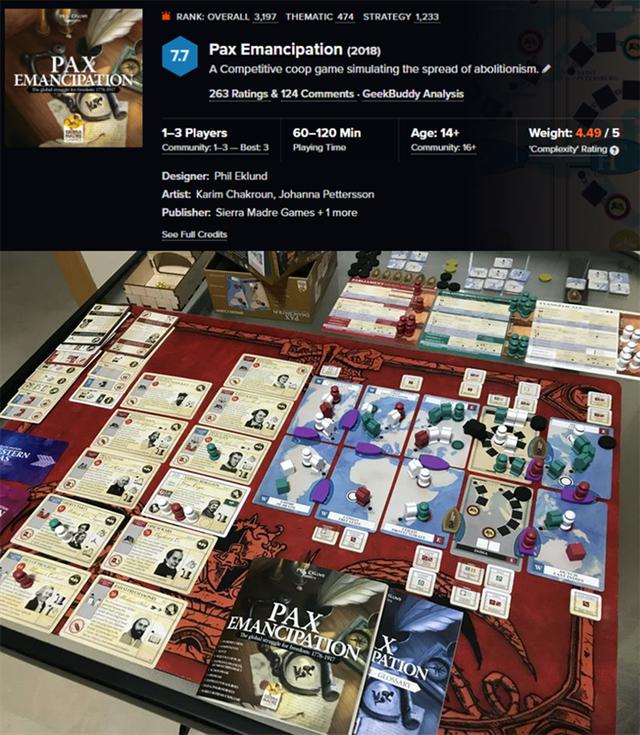
2. The "Heavy" of choice
The more choices you can make in the game, the higher the "Heavy" will be. Such as Vital Lacerda’s game, and Uwe Rosenberg’s “A Feast for Odin”.
Vital Lacerda's games often have a lot of optional actions, which is also one of the characteristics of his works. However, players should combine optional actions into mandatory actions and remember their relationship. Their brains hurt.
In "A Feast for Odin", there are about ten big choices, and each big choice has four sub-items. How to look at it is a mind-blowing game. If it is not for Mr. Wu’s sake, many Players will be discouraged.
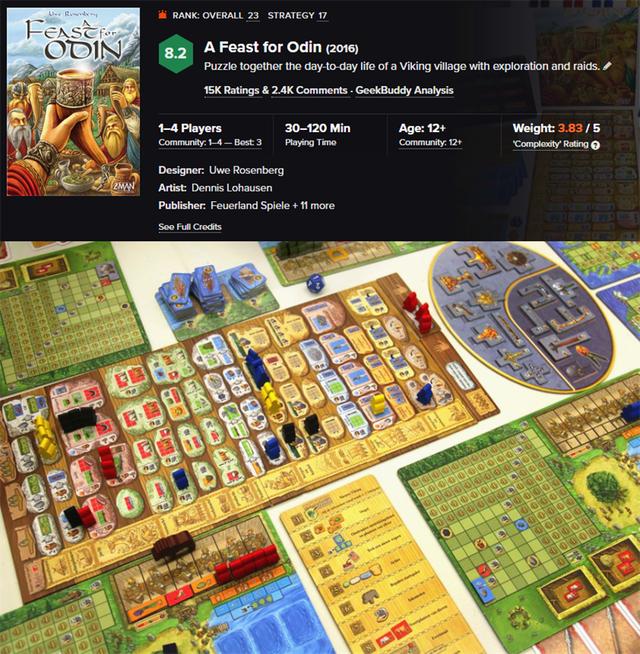
3. The "Heavy" of actuarial
German-style games generally require strong computing power, especially economic games, and they are more sensitive to numbers and money, lest they lose a lot of debts, or wander on the verge of bankruptcy before the game is over.
For example, "Die Macher", the game flow is clear and there is a prompt table. It is not too difficult to get started. It is difficult to allocate good money. Because there are too many places to use money, but there are few ways to get money, so it is important to make good cash flow and calculate good money. It is said that many people who took more than 10,000 shots to start the game will eventually wash their faces with tears and fail the campaign.
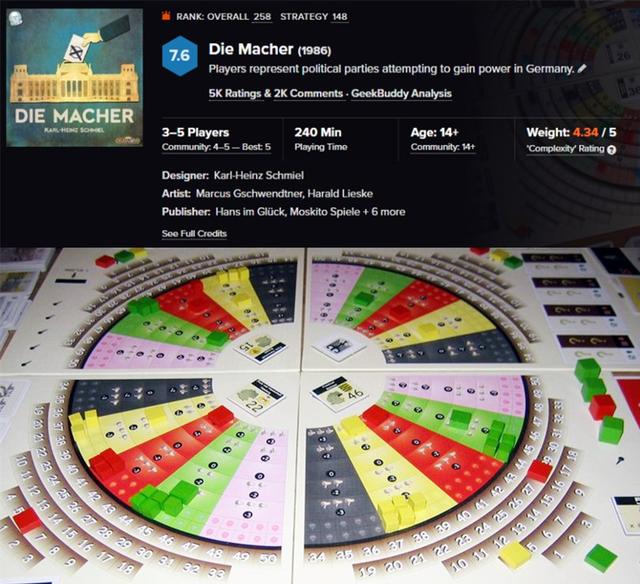
4. The "Heavy" of the negotiations
Don't underestimate the degree of brain burn caused by the negotiation mechanism. Because in negotiation games, you can always talk about anything, so players always throw out a proposal when the other party just wants to refuse, and they still need to constantly ignore the necessity of the other party to do so. Numbness in the scalp is inevitable.
For example, "A Game of Thrones", try to negotiate back and forth with the various families on the Westeros continent to ensure that you no longer have the idea of crossing the past to be the hand of a king.
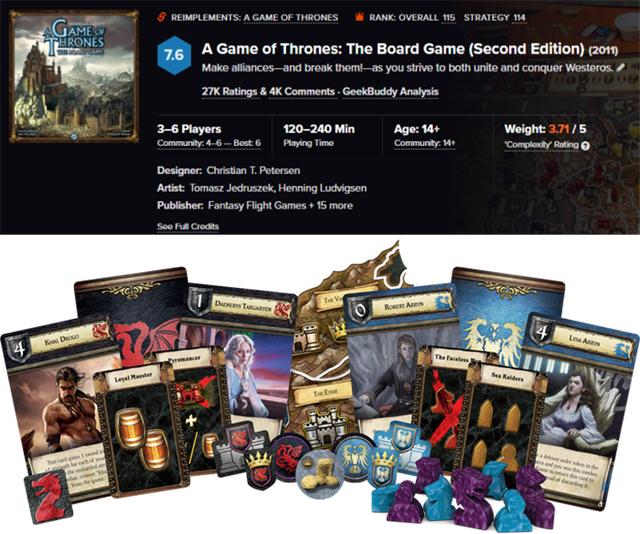
5. The "Heavy" brought by time
Once the length of a board game exceeds 2 hours, the player's irritability will multiply. Moreover, the more advanced the game is, the more actions the player can take, the more resources can be allocated, and the higher the frustration for the backward players.
Many players have complained about Vital Lacerda and 18XX series games. They think it is too "disgusting". In fact, it is because after a long game, they find that they are only running with each other, and there are too few positive experiences.
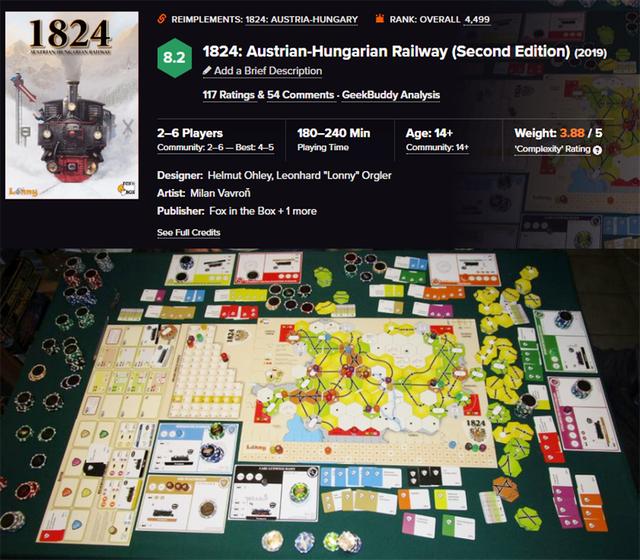
6. The "Heavy" of reading
I believe many players are impatient with "playing games = doing reading comprehension". A good card game, but the amount of text is very large, and there is a rotation, you have to carefully read what is written on each card.
For example, "Terraforming Mars", every time you want to play seriously, it is almost the same as doing Chinese and English reading comprehension. And once you get distracted and it's your turn to play this card, you become one hundred thousand why.
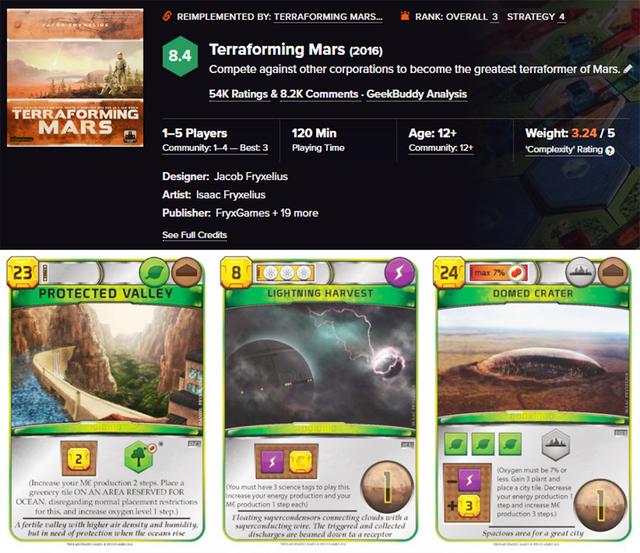
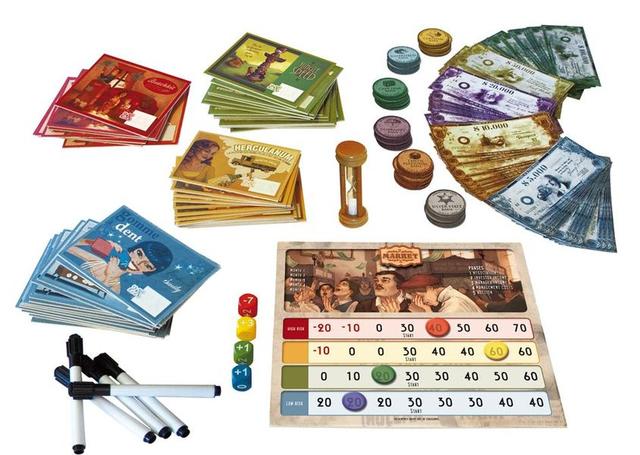
5. Long time is also inevitable, but it can also take the form of "milestones" to encourage novice players to participate. They may not win the game in the end, but they did something very special in the game that even masters can't do! This avoids the upset of backward players, and can also be more targeted in the game.
6. Turning the text on the card into an icon has become the trend of many games. Firstly, it can reduce the reading volume. Secondly, as long as the game is attached with multilingual manuals, it can be sold all over the world. It is also a good way to reduce the amount of translation.
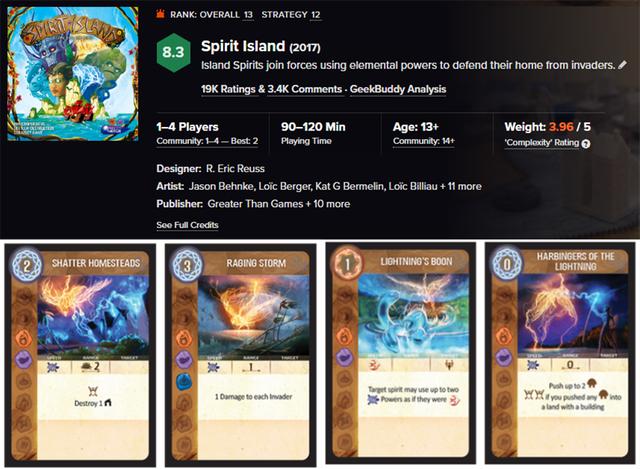
Designers and publishers cannot stop thinking about the player’s experience because a game is a big deal. On the contrary, publishing a game of reinvention means preparing for it, lowering the barriers to entry, and giving players a better experience. Only in this way can players be willing to explore the fun of reinventing the game and leave a good impression in their hearts.
I’m Sebastian, see you next week.

Facebook:@czyy.me
E-mail:service@czyy.me
